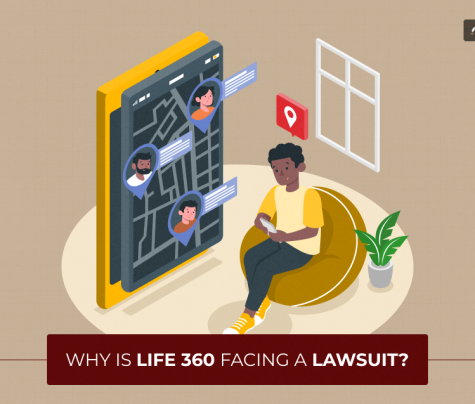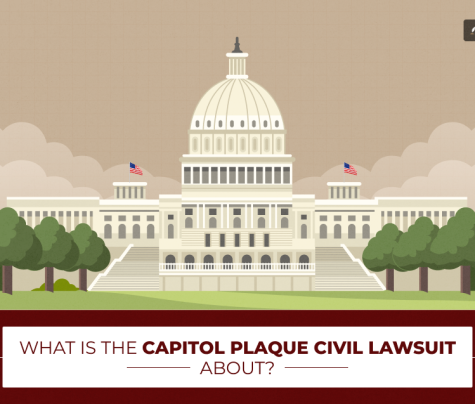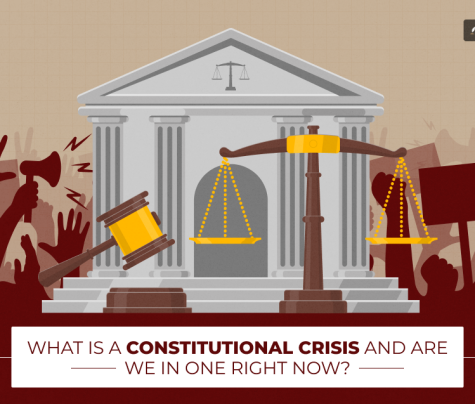
Understanding legal terms can be crucial in the complex world of contracts and agreements. One such term, often encountered in business and legal contexts, is “hold harmless agreement” or HHA. While it might sound intimidating, HHAs are relatively straightforward once you understand their purpose and key components. However, what is a hold harmless agreement?
A hold harmless agreement is a contract between two parties that outlines how they will handle potential liabilities or losses arising from their relationship or actions. Moreover, it’s a way to protect yourself from someone holding you responsible for someone else’s mistakes or damages.
In this blog, I will delve deeper into the concept of hold-harmless agreements. Additionally, I will explore their various uses and key components and the importance of understanding them in different business and legal scenarios. By the end, you’ll clearly grasp what HHAs are and how they can protect your interests.
What is a Hold Harmless Agreement?
Consider a hypothetical situation where you’re hosting a party at your home. A guest trips over a loose floorboard and injures themselves. Who is responsible for their medical bills and any other damages?
In this scenario, a hold harmless agreement could protect you from liability.
A hold harmless agreement, often abbreviated as HHA, is a contract between two parties. It outlines how they will handle potential liabilities or losses arising from their relationship or actions.
Essentially, it’s a way to protect yourself from being held responsible for someone else’s mistakes or damages.
For example, if you’re renting a venue for an event, you might require the venue owner to sign a hold harmless agreement. This would protect you from liability if someone had faced an injury on the premises.
Similarly, suppose you’re entering into a business partnership. In that case, you might want a hold harmless agreement to protect your assets.
Hold harmless agreements can be tailored to specific situations and include various provisions. Some common elements include:
- Indemnification: This clause specifies that one party agrees to compensate the other for damages or losses arising from their actions or negligence.
- Exculpation: This clause releases one party from liability for negligence or actions.
- Assumption of risk: This clause states that one party assumes the risk of injury or damage.
It’s important to note that hold-harmless agreements may not be enforceable in all situations. Furthermore, this statement holds especially true if they attempt to protect one party from gross negligence or intentional misconduct.
Consulting with an attorney can help you determine if a hold harmless agreement is appropriate for your circumstances. It also ensures that the contract is legally sound.
Types of Hold Harmless Agreements
Hold harmless agreements can vary in their scope and terms. The variation and the types depend on the specific circumstances and needs of the parties involved.
Furthermore, it’s important to note that the specific terms of a hold harmless agreement can vary widely. That is why they should be tailored to the unique circumstances of the relationship.
Here are some common types:
- Broad-form Hold Harmless Agreements: These agreements offer the broadest level of protection, requiring one party to indemnify the other for any and all losses, damages, or claims arising from their relationship. We can see this type of agreement in high-risk situations or when there is a significant power imbalance between the parties.
- Mutual Hold Harmless Agreements: In these agreements, both parties agree to indemnify each other for any damages arising from their relationship. This is often used in partnerships, joint ventures, or other collaborative arrangements where both parties share responsibility for potential risks.
- Limited Hold Harmless Agreements: These agreements limit the scope of indemnification to specific types of losses or damages. For example, a limited hold harmless agreement might only cover losses arising from negligence or breach of contract.
- Indemnity-Only Hold Harmless Agreements: These agreements require one party to indemnify the other for losses or damages, but they do not release the indemnifying party from liability for their own negligence. For instance, we can see this type of agreement when one party has a higher degree of control over the situation and is responsible for ensuring the safety of others.
- Indemnification and Exculpation Agreements: These agreements combine elements of both broad-form and limited hold harmless agreements. They require one party to indemnify the other for losses or damages while also releasing the indemnifying party from liability for their own negligence.
When Do You Need a Hold Harmless Agreement?
Hold harmless agreements can be valuable tools in various situations. The decision to use a hold harmless agreement depends on the specific circumstances of your situation and the level of risk involved.
Here are some common scenarios where you might consider using one:
1. Business Relationships:
- Partnerships and joint ventures: If you’re entering into a business partnership or joint venture, a hold harmless agreement can protect both parties from liability arising from their shared activities.
- Vendor or contractor agreements: When hiring vendors or contractors, a hold harmless agreement can protect you from liability for any damages or injuries caused by their negligence.
- Leases and rentals: If you’re leasing property or renting equipment, a hold harmless agreement can protect you from liability for any accidents or injuries that occur on the premises or while using the equipment.
2. Events and Activities:
- Hosting events: If you’re hosting a party, event, or gathering, a hold harmless agreement can protect you from liability for any injuries or damages that occur.
- Sports and recreational activities: If you’re organizing or participating in sports or recreational activities, a hold harmless agreement can protect you and other participants from liability.
3. Professional Services:
- Consulting and advisory services: If you’re providing consulting or advisory services, a hold harmless agreement can protect you from liability for any losses or damages incurred by your clients.
- Professional service providers: If you’re receiving professional services, such as medical care or legal advice, you may be asked to sign a hold harmless agreement to protect the service provider from liability.
4. Real Estate Transactions:
- Leases: Landlords may require tenants to sign hold harmless agreements to protect them from liability for any injuries or damages that occur on the leased property.
- Sales of property: In certain real estate transactions, a hold harmless agreement may be used to allocate liability between the buyer and seller.
Are There Limitations in Hold Harmless Agreement?
While hold-harmless agreements can be valuable tools for protecting yourself from liability, they are not without their limitations. Here are some important considerations:
1. Gross Negligence or Intentional Misconduct
Firstly, hold harmless agreements generally do not protect a party from liability for their own gross negligence or intentional misconduct. Additionally, gross negligence is a very high standard of fault that involves a reckless disregard for the safety of others.
If you are found to have acted with gross negligence or intentional misconduct, a hold harmless agreement may not protect you.
2. Public Policy
Secondly, in some cases, hold harmless agreements may be deemed void as against public policy. For instance, a court may refuse to enforce a hold harmless agreement that attempts to protect a party from liability for illegal or harmful activities.
3. Clarity and Specificity
Thirdly, it is essential to ensure that a hold harmless agreement is clear, specific, and unambiguous. Vague or ambiguous language can create confusion and may make the agreement unenforceable.
4. State Laws
Fourthly, the enforceability of hold harmless agreements can vary depending on state law. Some states may have specific laws governing the use of hold harmless agreements. On the other hand, others may have more general contract laws that apply.
5. Third-Party Claims
Finally, hold harmless agreements typically do not protect a party from claims brought by third parties. For example, if a customer is injured on your property and sues you, a hold harmless agreement with a vendor or contractor may not protect you from liability.
Wrapping it Up!
I hope that this blog has been of help to you. If there are any other questions related to the same, please feel free to let me know. All that you need to do is scroll down till you reach the bottom of the page. Then, leave your comments and suggestions in the box below. And I will be there to answer them all for you!
Read More:
- How To Become A Lawyer
- How To Find A Good Divorce Lawyer?
- The Cheapest Way to Get a Divorce With a Child in 2024










3 Reply
commercial construction companies mahwah nj
October 31, 2021 at 2:53 am
I’ve read some good stuff here. Certainly worth bookmarking for revisiting. I surprise how much effort you put to create such a wonderful informative web site.
ReplySiulau Darba
June 21, 2021 at 9:48 am
Very interesting, thanks for sharing!
ReplyWhat Is General Practice Attorney - A Brief Guide For The Beginners In 2021
June 13, 2021 at 4:41 pm
[…] What Are The Types Of Hold Harmless Agreements? Explained In 2021 […]
Reply